Please take a look at the following infographic. It explains the meaning and importance of emergency lighting. There are four parts:
1.“What is emergency lighting”, how does it function in case of an emergency and where should it be installed
2. It is “Mandatory” because of existing regulations at European and national levels
3. There is a need for a “Continuous Assessment” to ensure that the emergency lighting installation is always correct
4. If “Maintenance” of emergency lighting and testing is not properly done, there is a risk of penalties
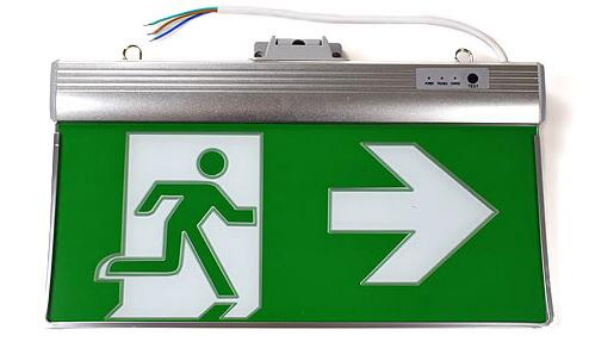
● Lighting for use when the supply to the normal lighting fails.
● In case of power outages, emergency lighting illuminates and guides your path to safety.
● Emergency lighting is installed in all types of buildings, with the possible exception of single dwellings.

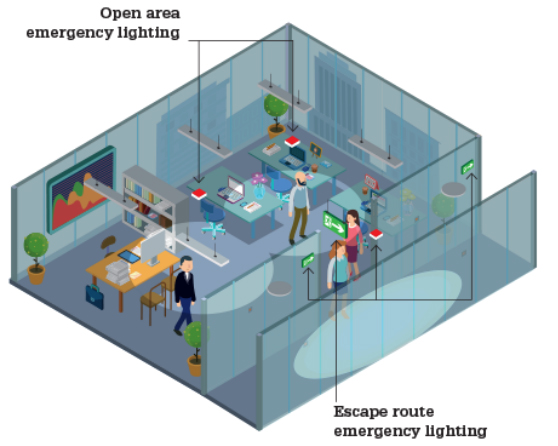
● Emergency lighting is a European legal requirement, it has to be installed, it has to work and needs to be tested and maintained.
● National laws may emphasise specific applications and/or performances.
● All emergency lighting products must be CE marked and comply with relevant product requirements.
1. EU Legislation
Workplace Directive (89/391/EEC)
Lighting levels
● Specific emergency routes and exits must be indicated by signs
● Emergency lighting must provide adequate intensity in case the lighting fails
Signs Directive (92/58/EEC)
Lay-out for escape signage
● Devices must be regularly cleaned, maintained, checked, repaired and replaced
● Signs requiring some form of power must be provided with a guaranteed emergency supply
2. EU Standards
Application standards
EN 1838 – in buildings
EN 12193 – in sports facilities
EN 16276 – in road tunnels
Systems and maintenance standards
EN 50171 – Central power supply systems
EN 50172 – Emergency escape lighting systems
EN 62034 – Automatic test of battery-powered emergency lighting
Emergency lighting needs continuous assessment throughout life to ensure it is fit for purpose. Changes to building layout or use may mean that the emergency lighting is no longer correct or adequate and needs reconfiguration or reconsideration.
Therefore the emergency lighting should be regularly assessed to ensure it is correct and provides a safe environment in the event of an emergency. Failure to do this is one of the top five compliance issues with emergency lighting.
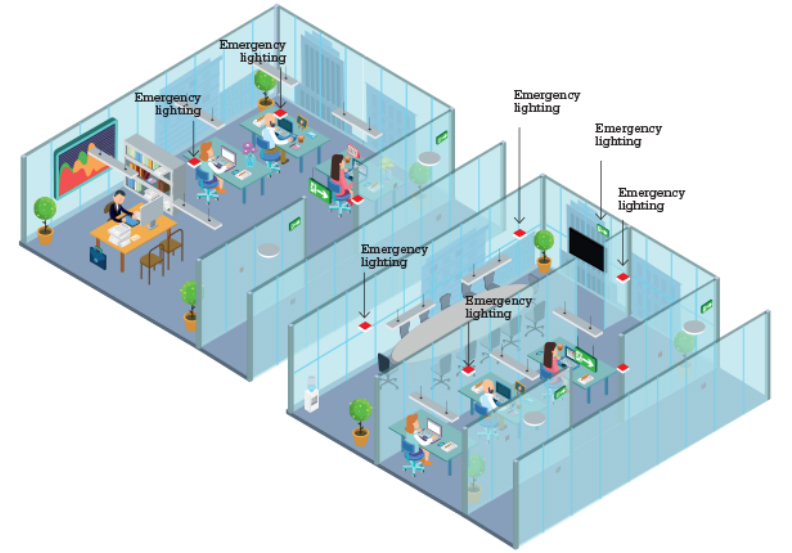
It is a legal requirement that your emergency lighting works correctly.
When was the last time your emergency luminaires were tested?
Business owners and/or tenants are legally obliged to test their emergency lighting regularly to ensure their systems function as intended.
Business owners and/or tenants will be liable in the event emergency lighting systems fail to operate.
A short functional test ensures that the luminaire operates correctly.
Requirements can even be stricter in some European countries depending on local regulations.

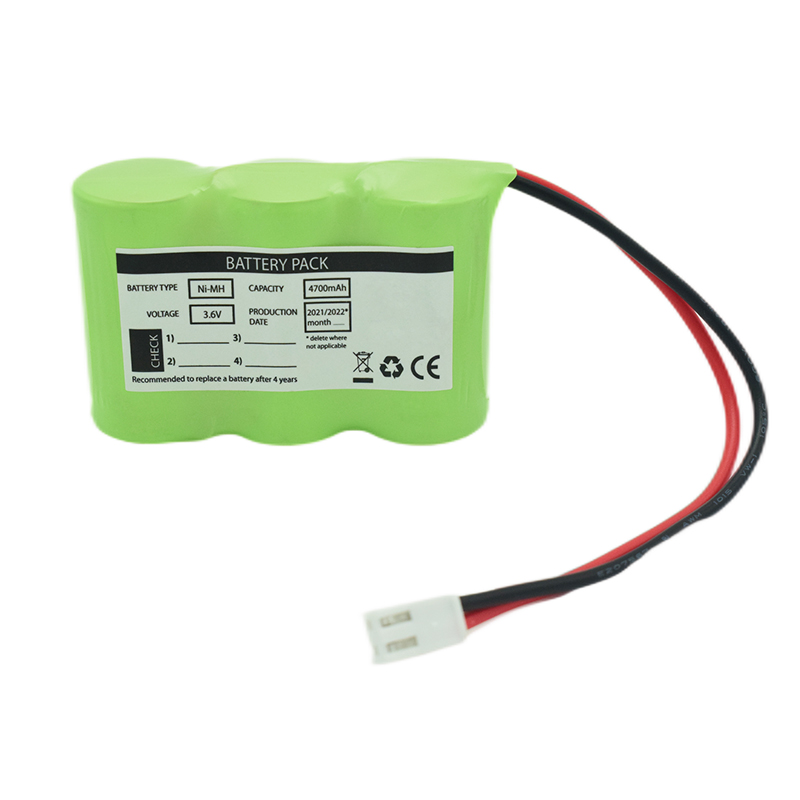 Ni-MH Battery C4700mAh 3.6V
Ni-MH Battery C4700mAh 3.6V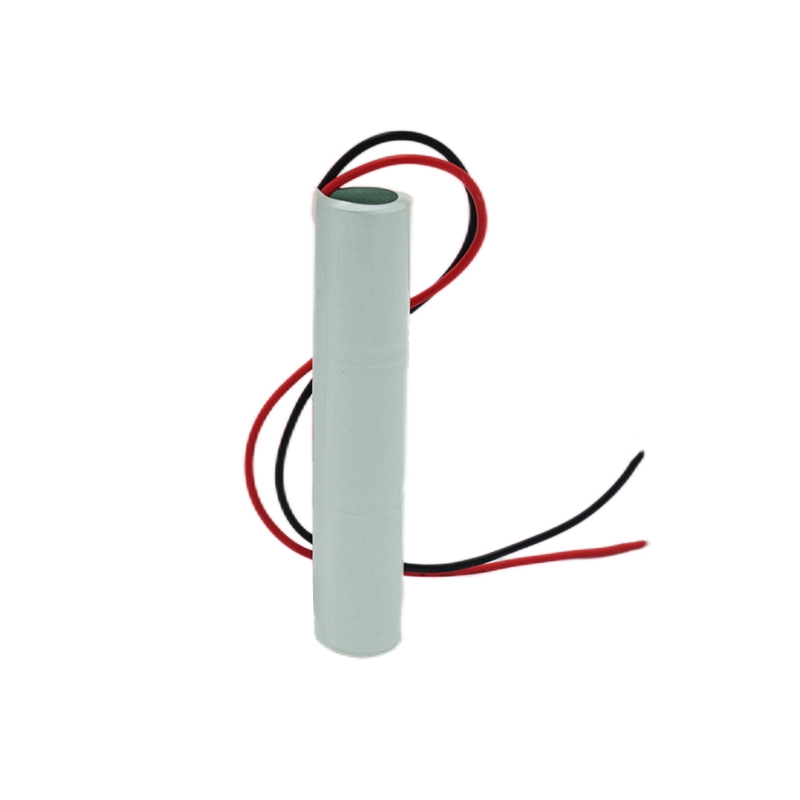 Nickel Cadmium Nicd Battery Pack SC1800mAh 3.6V
Nickel Cadmium Nicd Battery Pack SC1800mAh 3.6V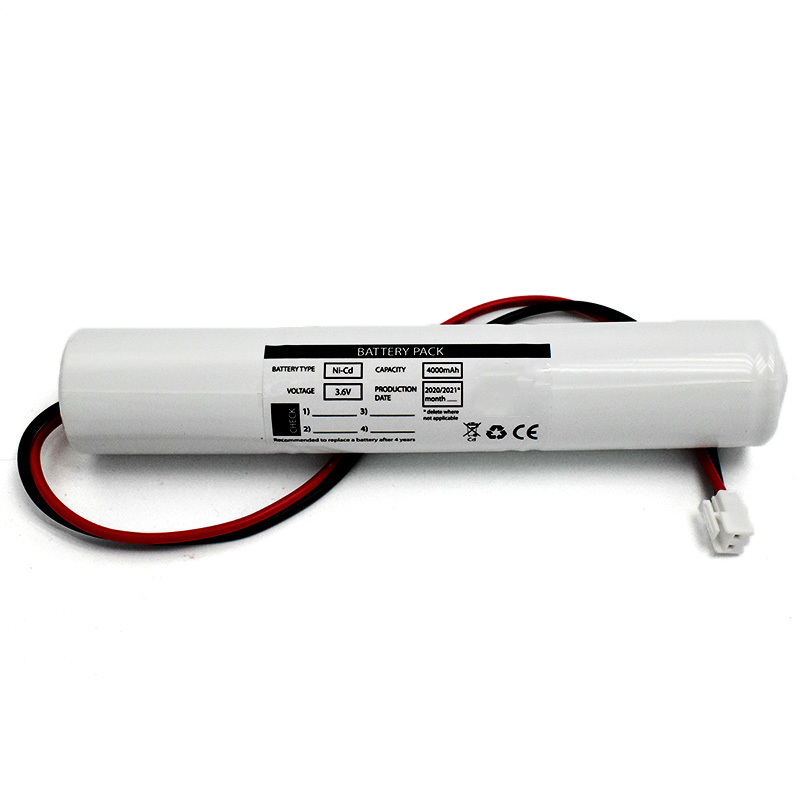 Ni-Cd Battery Pack D4000mAh 3.6V
Ni-Cd Battery Pack D4000mAh 3.6V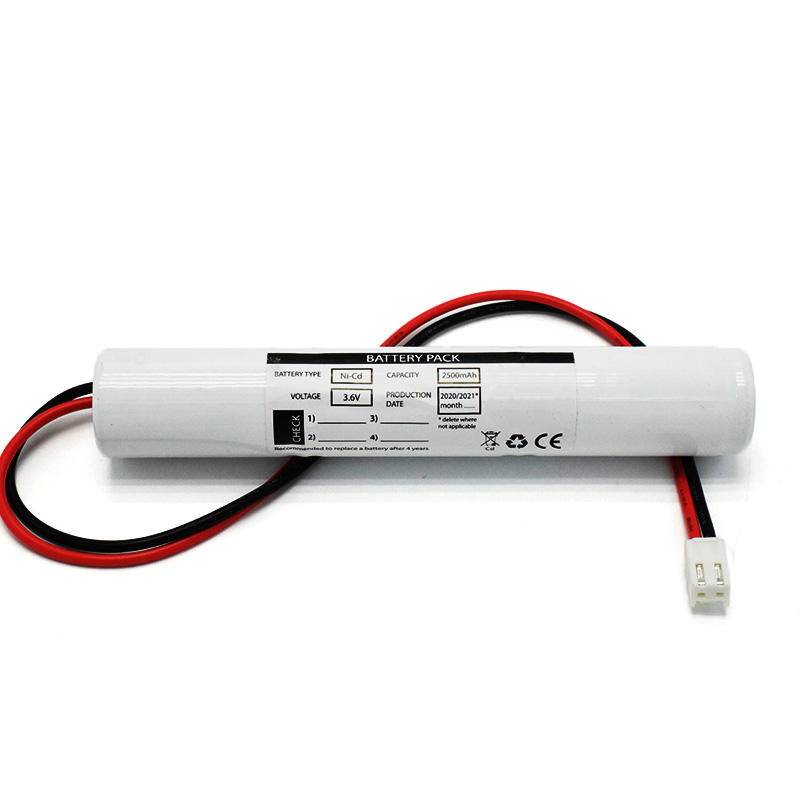 Ni-Cd Battery Pack C2500mAh 3.6V
Ni-Cd Battery Pack C2500mAh 3.6V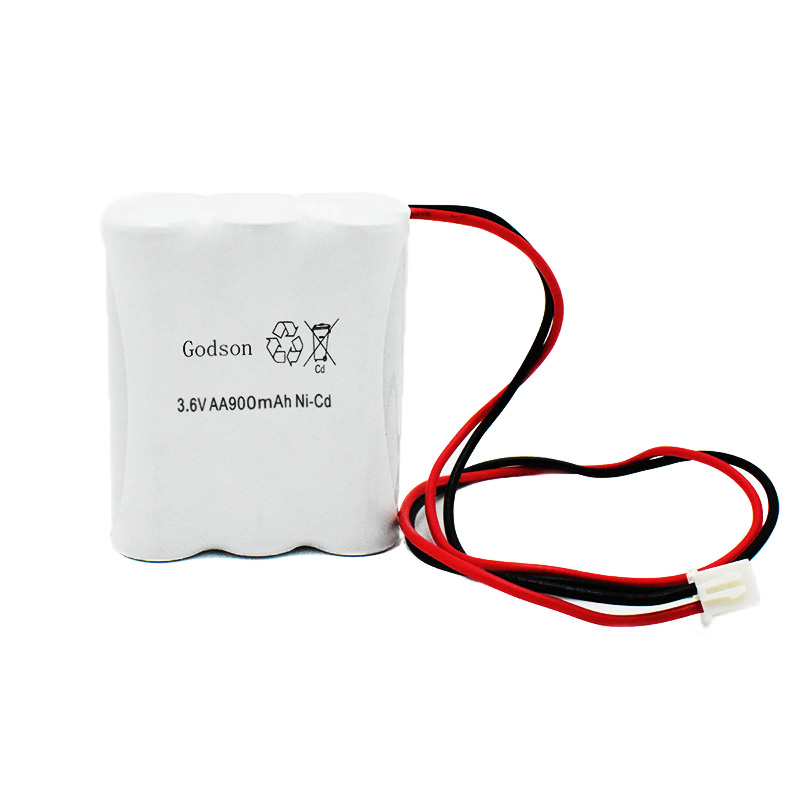 NICAD Battery Pack AA900mAh 3.6V
NICAD Battery Pack AA900mAh 3.6V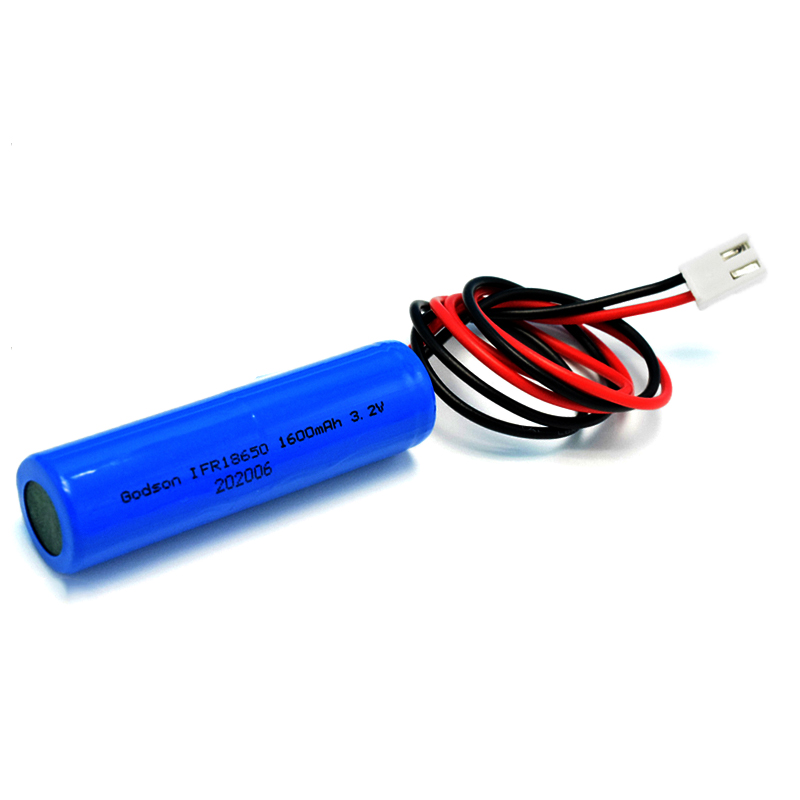 LiFePO4 IFR18650 1600mAh 3.2V
LiFePO4 IFR18650 1600mAh 3.2V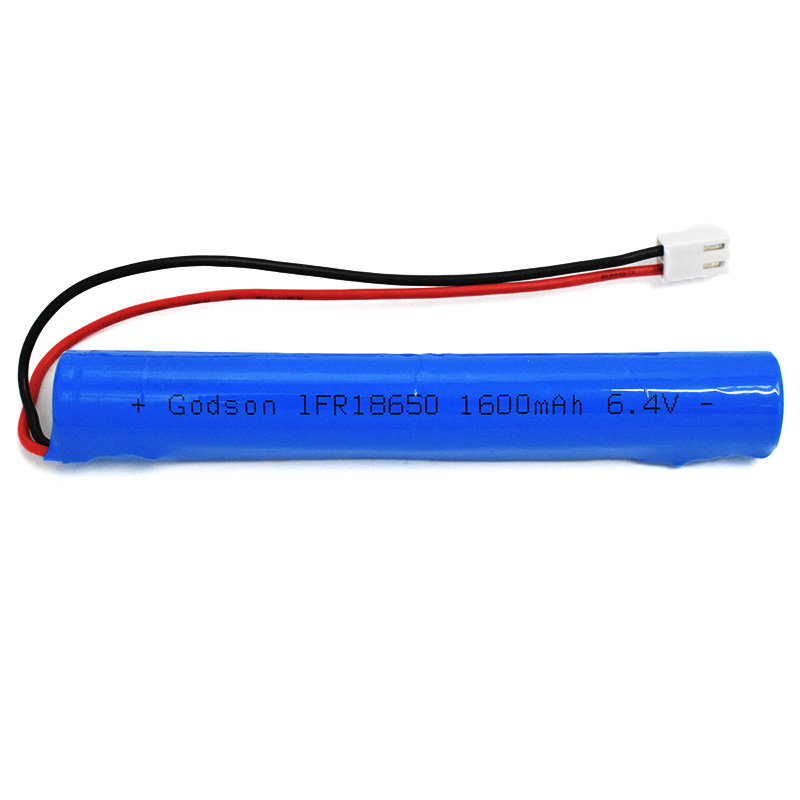 LiFePO4 IFR18650 1600mAh 6.4V
LiFePO4 IFR18650 1600mAh 6.4V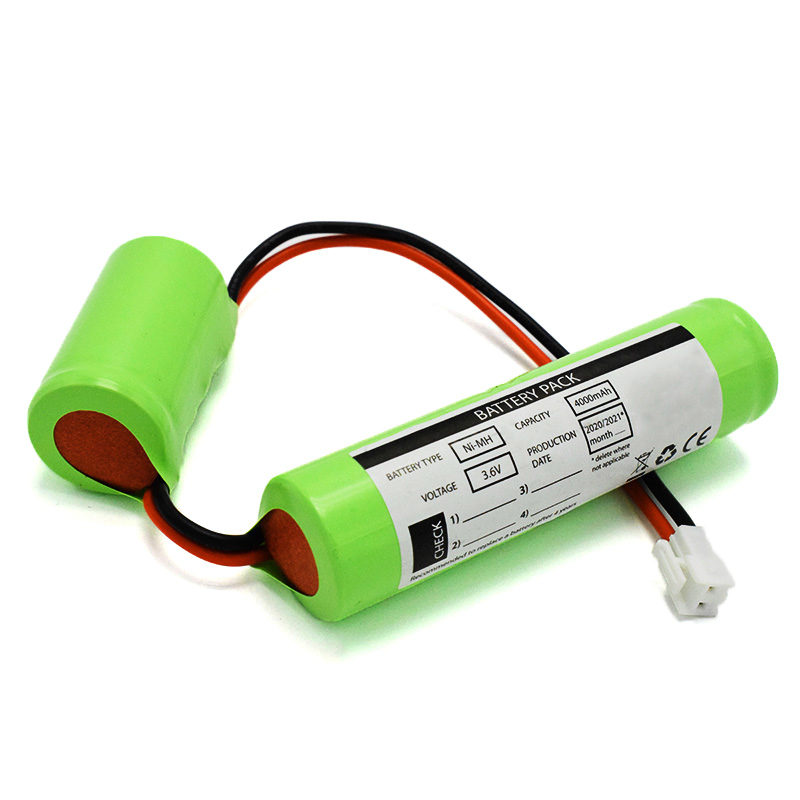 Ni-MH Battery C4000mAh 3.6V
Ni-MH Battery C4000mAh 3.6V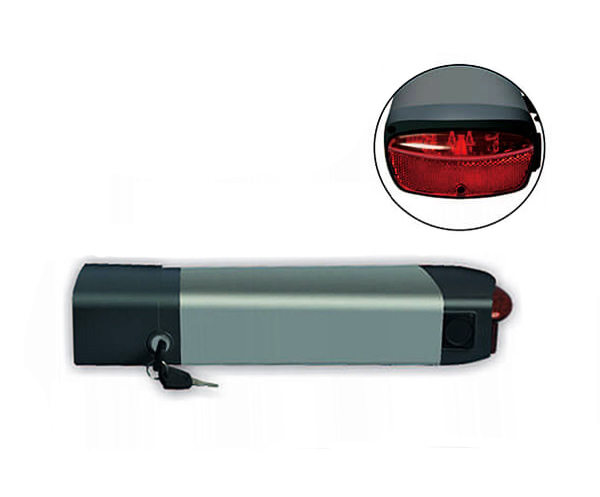 E-bike Battery 48V 10Ah JL-1
E-bike Battery 48V 10Ah JL-1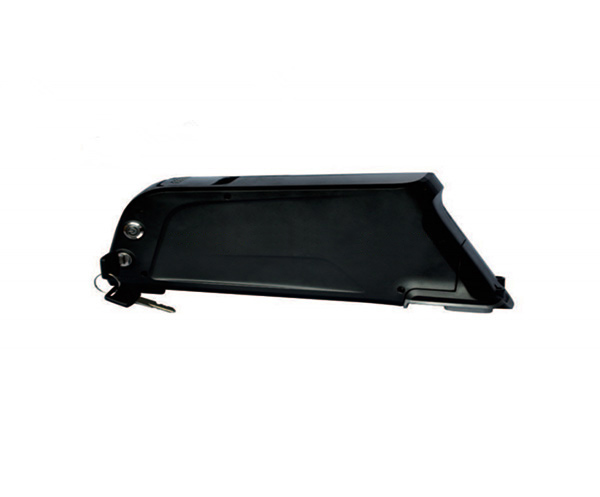 E-bike battery 48V 10Ah Qing Tian
E-bike battery 48V 10Ah Qing Tian